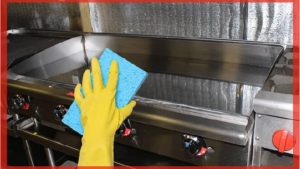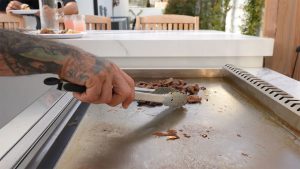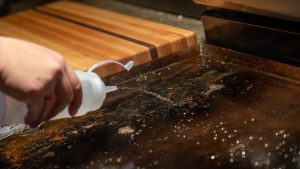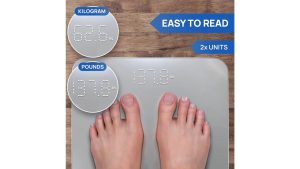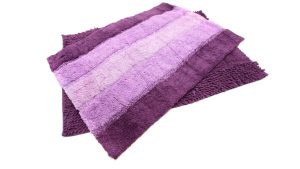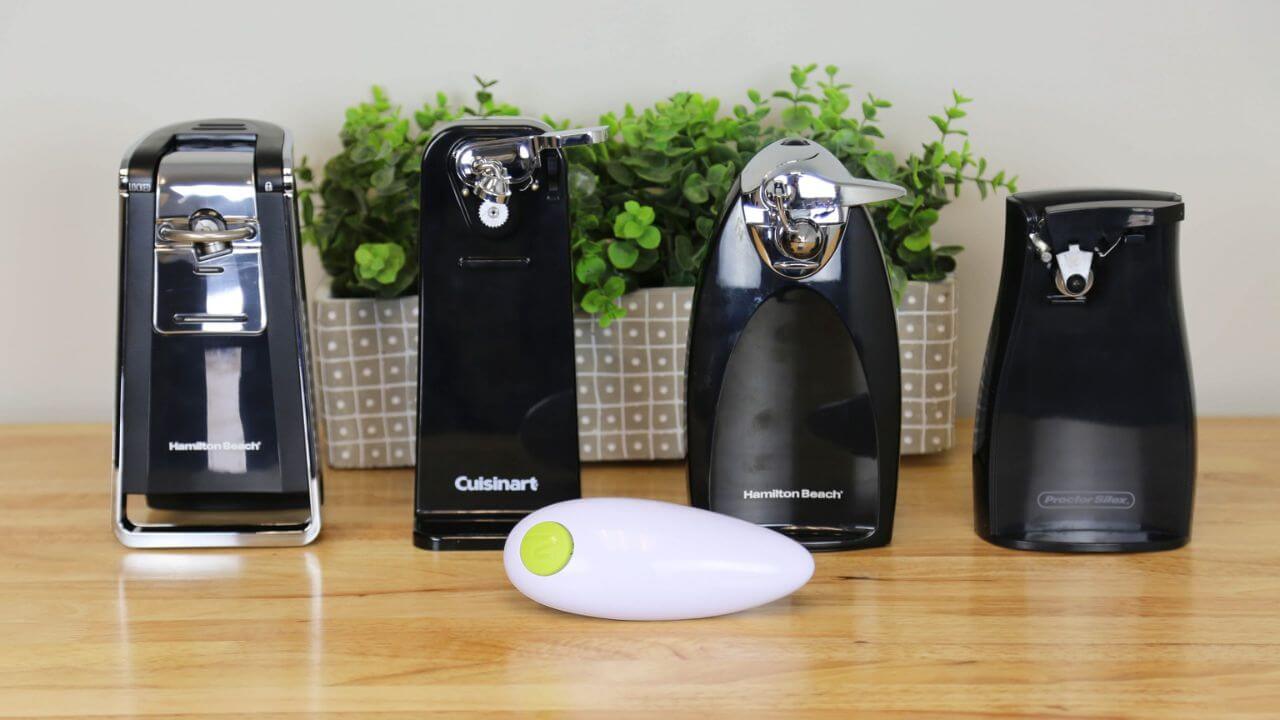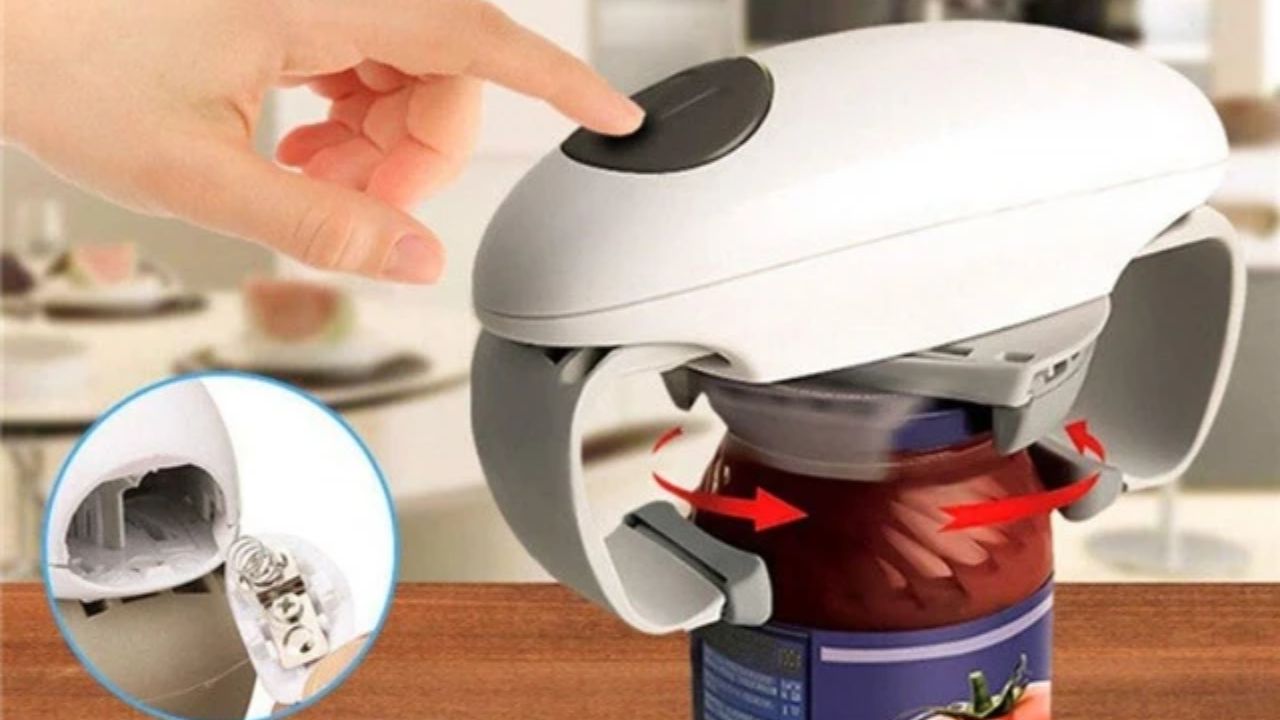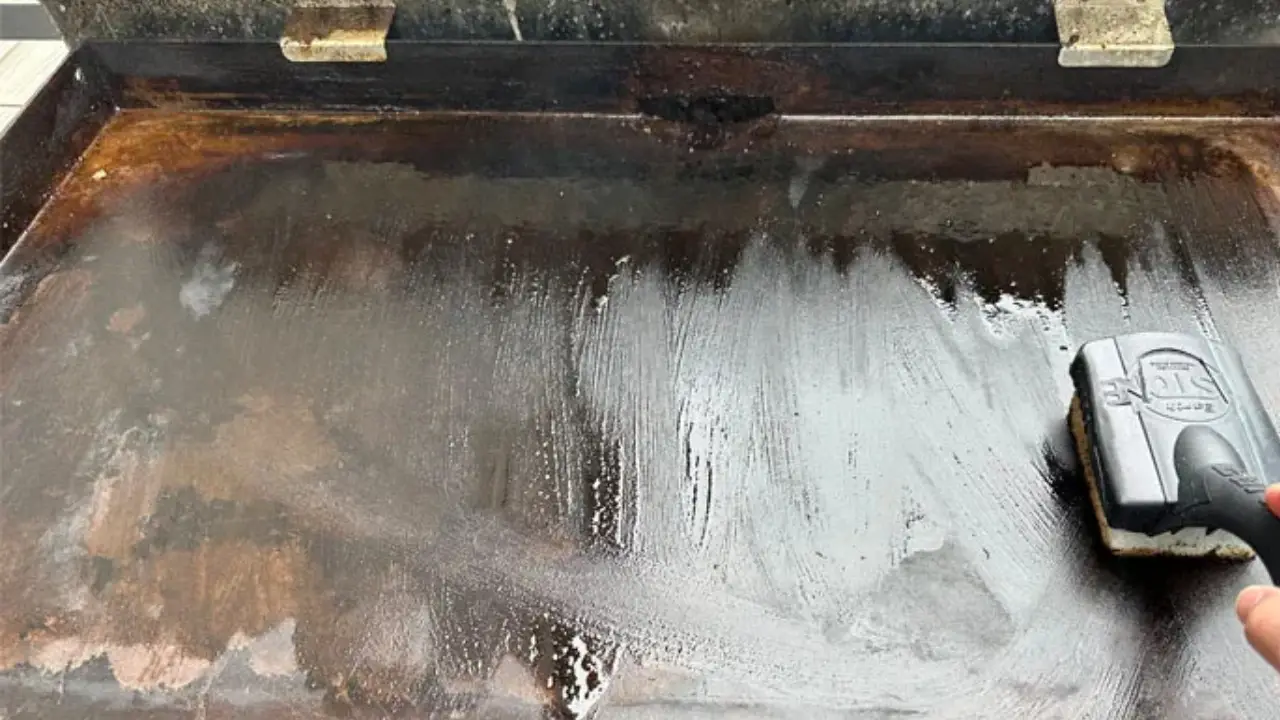How to Clean a Flat Grill
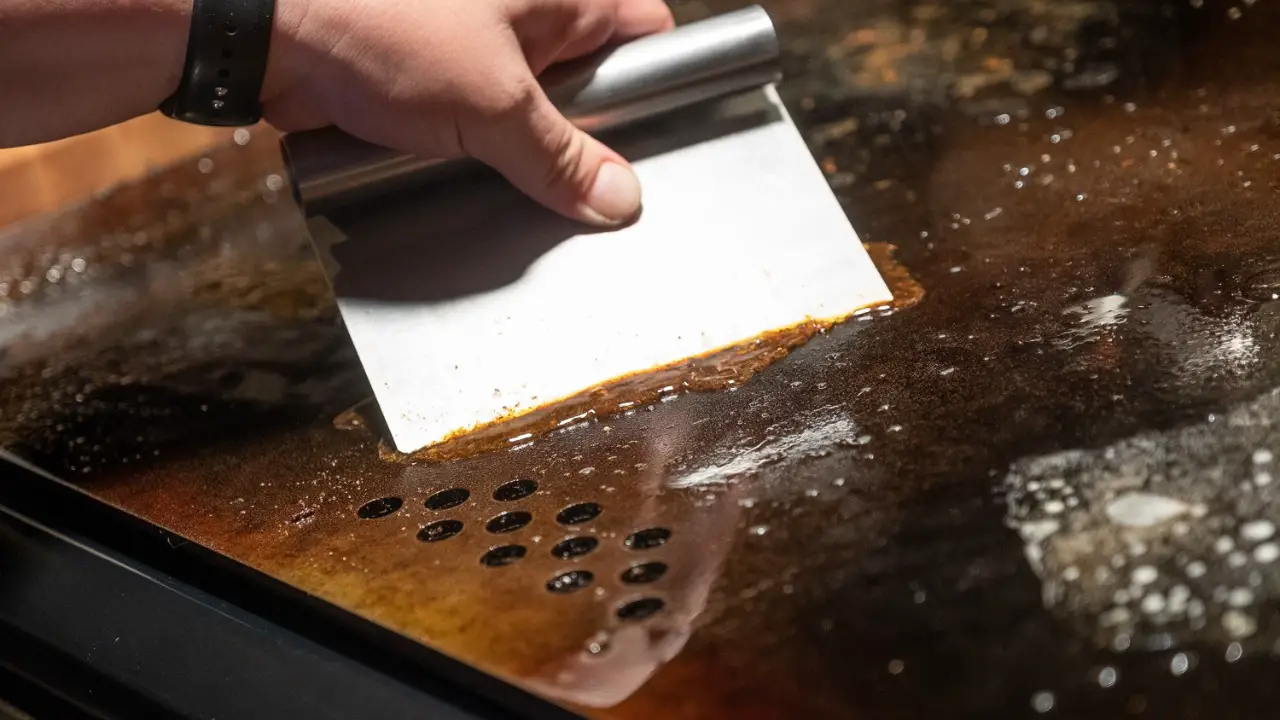
To clean a flat grill, first ensure it’s off and cooled down, then scrape off food residue. Apply a mild detergent and scrub the surface with a grill brush before rinsing thoroughly.
Having a clean flat grill is essential not only for the taste and safety of the food you cook but also for the longevity of your grill. Proper maintenance prevents buildup, keeps flavors true, and avoids the risk of smoke caused by grease and debris.
Both home cooks and professional chefs benefit from knowing an effective routine to keep their grill in prime condition. Whether you’re running a busy kitchen or simply perfecting your backyard barbecue skills, an unblemished grill surface is key to cooking success. Remember to follow the manufacturer’s instructions for specific cleaning guidance for your grill model and always disengage the grill and let it cool before starting the cleaning process. Regular cleaning after each use and a deeper cleanse every few months will ensure your flat grill continues to perform at its best.
Cleaning Preparations
Gathering Cleaning Materials
Before starting, it’s important to have all your cleaning tools at the ready. Adequate preparation streamlines the process, ensures safety, and prevents damage to your grill. Here’s a list of items you’ll need:- Cleaning solution – Select a cleaner designed for flat grills
- Scraper or spatula – Choose a heavy-duty metal scraper or spatula for removing stubborn residue
- Grill brush – A brush with stiff bristles is essential for scrubbing
- Clean cloth or paper towels – Opt for absorbent materials to wipe away grime and residual cleaner
Cleaning Solution
Select a cleaning solution that effectively breaks down grease and carbon buildup without damaging your flat grill’s surface. Consider solutions that are non-toxic, environmentally friendly, and suitable for food surfaces. Scraper or SpatulaScraper Or Spatula
Utilize a scraper or spatula made of metal for its durability and ability to scrape off the hardest-to-remove debris without bending or breaking. Grill BrushGrill Brush
Invest in a high-quality grill brush with stiff bristles capable of reaching into the grill’s grooves. This tool is essential for effective scrubbing action and ensures that every inch of the grill gets cleaned. Clean Cloth or Paper TowelsClean Cloth Or Paper Towels
After scraping and brushing, use a clean cloth or paper towels for the final wipe-down. This step is crucial for removing any leftover residue and polishing the grill’s surface.Safety Measures
Cooling Down The Grill
Never attempt to clean a hot grill. The first step in the cleaning process is to allow your flat grill to cool down completely. Failure to do so can result in severe burns or even ignite cleaning materials, which could lead to a fire hazard. Follow the steps below to cool your grill safely:- Turn off all controls and the gas supply if applicable.
- Leave the grill surface exposed to air to expedite the cooling process.
- Always wait for the grill to reach a temperature that’s safe to touch.
Using Protective Gear
Equipping yourself with the right protective gear is essential in preventing injuries. In the context of grill cleaning, there are several items you should consider:- Gloves: Wear heat-resistant gloves to protect your hands from any residual heat and from harsh cleaning chemicals.
- Apron: A heavy-duty apron will guard your clothes and skin against grease splatters and caustic cleaning agents.
- Eye Protection: Safety goggles are crucial to shield your eyes from splashing water, degreaser, and dislodged food debris.
- Mask: Use a mask or respirator if using strong chemicals, to avoid inhaling fumes that could damage your respiratory system.
Step-by-step Cleaning Process
Scraping Off Debris
Immediately after use, while the grill is still warm, begin scraping off food particles and debris. This step is crucial for preventing buildup that can be harder to remove later on and ensuring a smooth cleaning process.Importance Of Scraping
Scraping not only removes large food remnants but also any oils or fats that have been baked onto the grill surface. This creates a cleaner grill that produces better-tasting food and reduces the risk of flare-ups.Best Practices For Scraping
- Use a heavy-duty, flat grill scraper.
- Hold the scraper at a slight angle to the grill.
- Apply firm, even pressure as you push scraps into the grease trough.
- Avoid using sharp objects that could damage the surface.
Applying The Cleaning Solution
Once debris is removed, it’s time to apply the cleaning solution. A good cleaning agent dissolves sticky residues and helps in sanitizing the surface.Recommended Cleaning Solutions
Depending on the grill’s material, different solutions can be used:- Commercial flat grill cleaners.
- Diluted vinegar for a natural option.
- Warm, soapy water for light cleaning.
Proper Application Techniques
- Turn off the grill and let it cool slightly.
- Spread the cleaner evenly across the surface.
- Allow it to soak for the recommended time on the label.
Scrubbing The Grill Surface
After the solution has settled, scrubbing off the remnants is crucial to get rid of any remaining debris.Choosing The Right Grill Brush
- Suitable for your grill’s surface material.
- Rugged enough to remove residues without damaging the grill.
- Designed with a long handle to protect your hands from heat.
Correct Scrubbing Motions
Use short, firm strokes to clean the surface:- Start at the top and work down in rows to ensure complete coverage.
- Scrub in circular motions to tackle tough spots.
- Rinse the grill surface with water and dry with a clean towel.
Final Touches
Removing Excess Cleaning Solution
Post-cleaning, it’s crucial to remove any leftover cleaning agent from the flat grill to prevent contamination of food. To accomplish this:- Wipe the grill with a damp cloth
- Ensure no residue or foam remains
- Use a squeegee for efficient removal
Ensuring Thorough Rinsing
Rinse the grill surface with clear water after all the cleaning solution is squeezed off. This step eliminates any potential cleaning solution traces that could affect food taste or safety. Follow these steps:- Splash water across the grill’s surface
- Use a clean, damp cloth to rinse the surface
- Repeat the process until complete removal of cleaning agents is achieved
Drying The Grill Surface
A dry grill surface prevents rusting and damage to the metal. For proper drying:- Wipe the surface with a dry, absorbent towel
- Turn on the heat to aid in evaporating lingering moisture
- Continue heating until the surface is completely dry
Seasoning The Flat Grill
Seasoning forms a natural nonstick surface and helps protect the grill from rust. This involves coating the grill with cooking oil and heating it to form a protective layer.Technique For Seasoning
- Apply a high-smoke-point oil evenly across the surface
- Heat the grill to around 350-400 degrees Fahrenheit
- Heat until the oil starts to smoke, then let it cool
- Repeat the process 2-3 times for a robust seasoning layer
Benefits Of Seasoning
- Enhanced flavor: It imparts a classic grilled taste to food
- Reduced Sticking: Food releases smoothly from the surface
- Corrosion Protection: Creates a barrier against moisture
- Easier Cleaning: Debris is less likely to stick, simplifying cleaning
Maintaining A Routine
Establishing A Cleaning Schedule
Consistency is key when it comes to keeping your flat grill sparkling. To avoid the pitfalls of a grill that’s seen better days, integrate these steps into your routine:- Daily: At the end of each day, give the grill a thorough scrape-down to remove any leftover food particles. Follow this with a gentle brush using a suitable grill cleaner and warm water.
- Weekly: Delve a bit deeper once a week by applying a degreaser, letting it sit as per the manufacturer’s instructions before scrubbing and rinsing.
- Monthly: Disassemble as much of the grill as possible and perform a comprehensive clean. Target the hard-to-reach areas where grease and grime may lurk.
Preventive Measures For Cleanliness
Prevention is better than cure, and the same holds true for your flat grill. Incorporate these practices to minimize the build-up of grease and residue:- Proper Cooking Techniques: Use the right amount of oil and avoid cooking overly messy foods when possible.
- Immediate Action: Address spills and splatters as soon as they occur to prevent them from becoming caked on and harder to remove later.
- Quality Tools: Invest in high-grade utensils and cleaning equipment. These can improve the efficiency of your cleaning sessions and protect the grill’s surface.
Frequently Asked Questions Of How To Clean A Flat Grill
What Is The Best Way To Clean A Flat Grill?
Let the flat grill cool slightly. Scrape off debris with a grill brush. Apply a cleaning solution, scrub with a pad, and rinse. Wipe the surface with a cloth and re-season if necessary. Regular maintenance ensures optimal performance.
How Do You Clean A Caked On A Flat Top Grill?
Heat your flat-top grill to help loosen caked-on grime. Use a grill scraper to remove debris. Apply a mixture of water and vinegar for a tough residue. Scrub using a non-abrasive pad, then rinse with water. Dry thoroughly to prevent rust.
Why Do Flat Top Grills Turn Black?
Flat-top grills turn black due to seasoning, which is the process of oil baking onto the metal. This creates a non-stick surface and protects against rust. Regular use and high-heat cooking also contribute to the darkening over time.
Can You Use Dawn To Clean A Flat Top Grill?
Yes, you can use Dawn dish soap to clean a flat-top grill. Apply a small amount, scrub gently, then rinse thoroughly with water. Ensure to re-season the grill surface after cleaning.
What supplies do I need to clean a flat grill?
You’ll need a grill brush, scraper, grill cleaner, warm water, mild detergent, a bucket, and a cloth or sponge.
How often should I clean my flat grill?
Ideally, clean the grill after each use to prevent build-up. For heavy use, a deep cleaning once a week is recommended.
Can I clean a hot flat grill?
It’s best to clean when the grill is warm, but not scorching hot. Turn it off, let it cool slightly, then start cleaning for effective results.
What’s the importance of scraping before cleaning?
Scraping removes food residues, making the cleaning process more efficient and preventing the build-up of grease and carbon.
Is it safe to use abrasive pads on a flat grill?
Avoid abrasive pads as they can damage the grill surface. Stick to grill brushes, scrapers, and non-abrasive cleaning tools.
Should I season the grill after cleaning?
Yes, it’s recommended to season the grill after cleaning to protect it from rust and maintain its non-stick surface. Apply a thin layer of oil and heat the grill briefly.
Can I use a regular kitchen cleaner on a flat grill?
It’s best to use a cleaner specifically designed for flat grills, as they are formulated to cut through grease and carbon buildup effectively.
Conclusion
Cleaning your flat grill doesn’t have to be daunting. With the right tools and techniques, you can maintain its performance and longevity. Remember, regular maintenance is key for delicious, non-stick cooking every time. Now, go on and show that grill some love.
Your tasty creations await!

